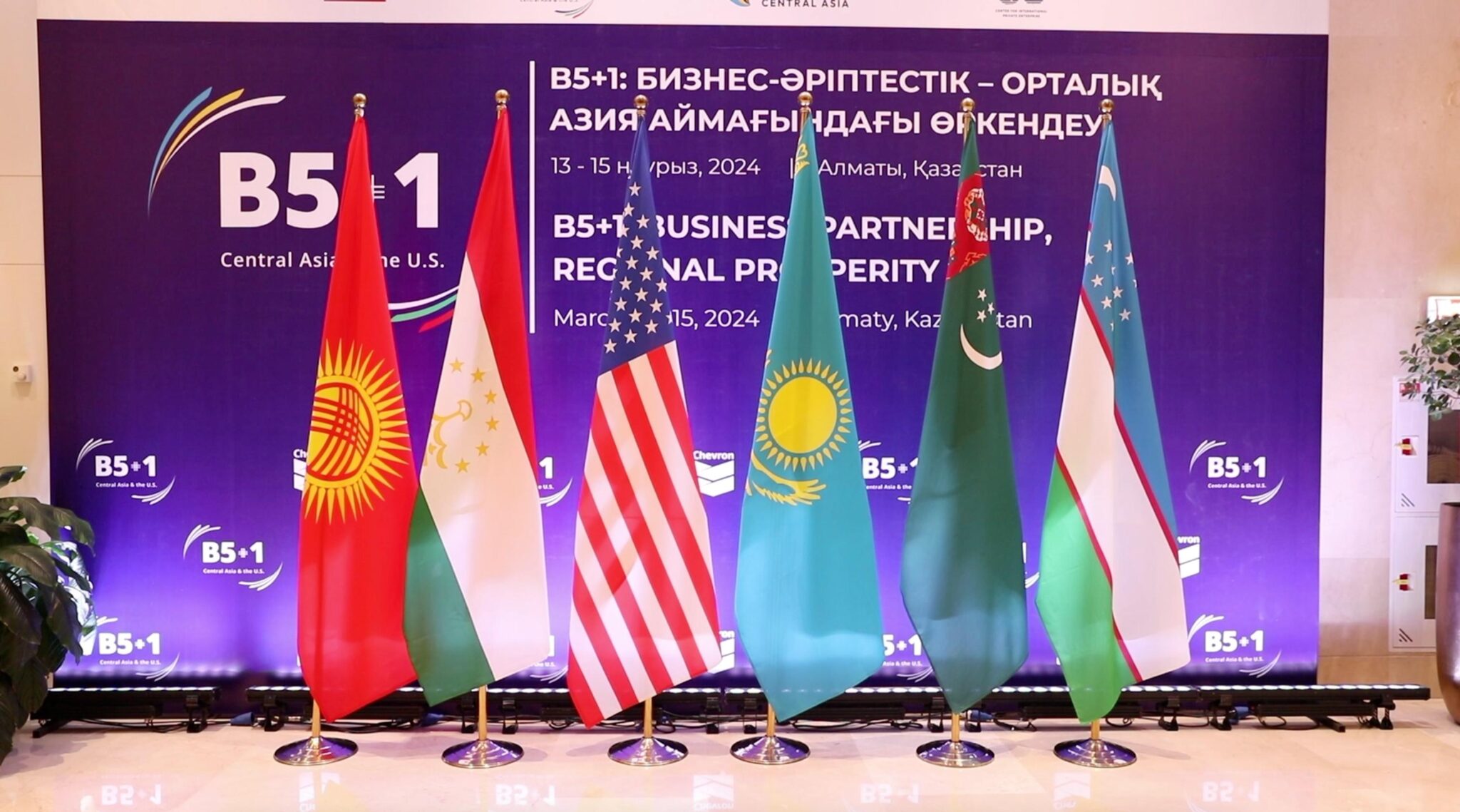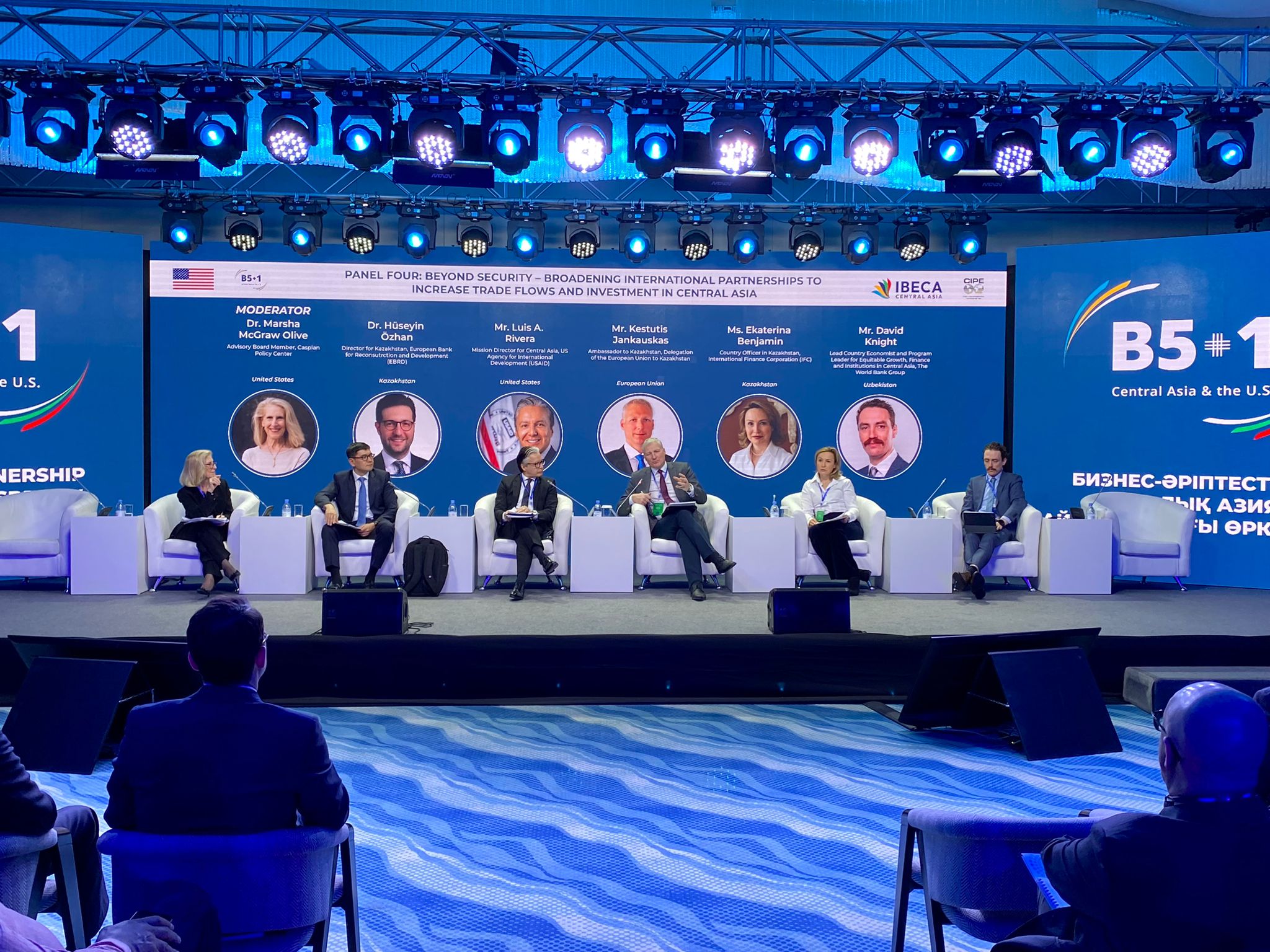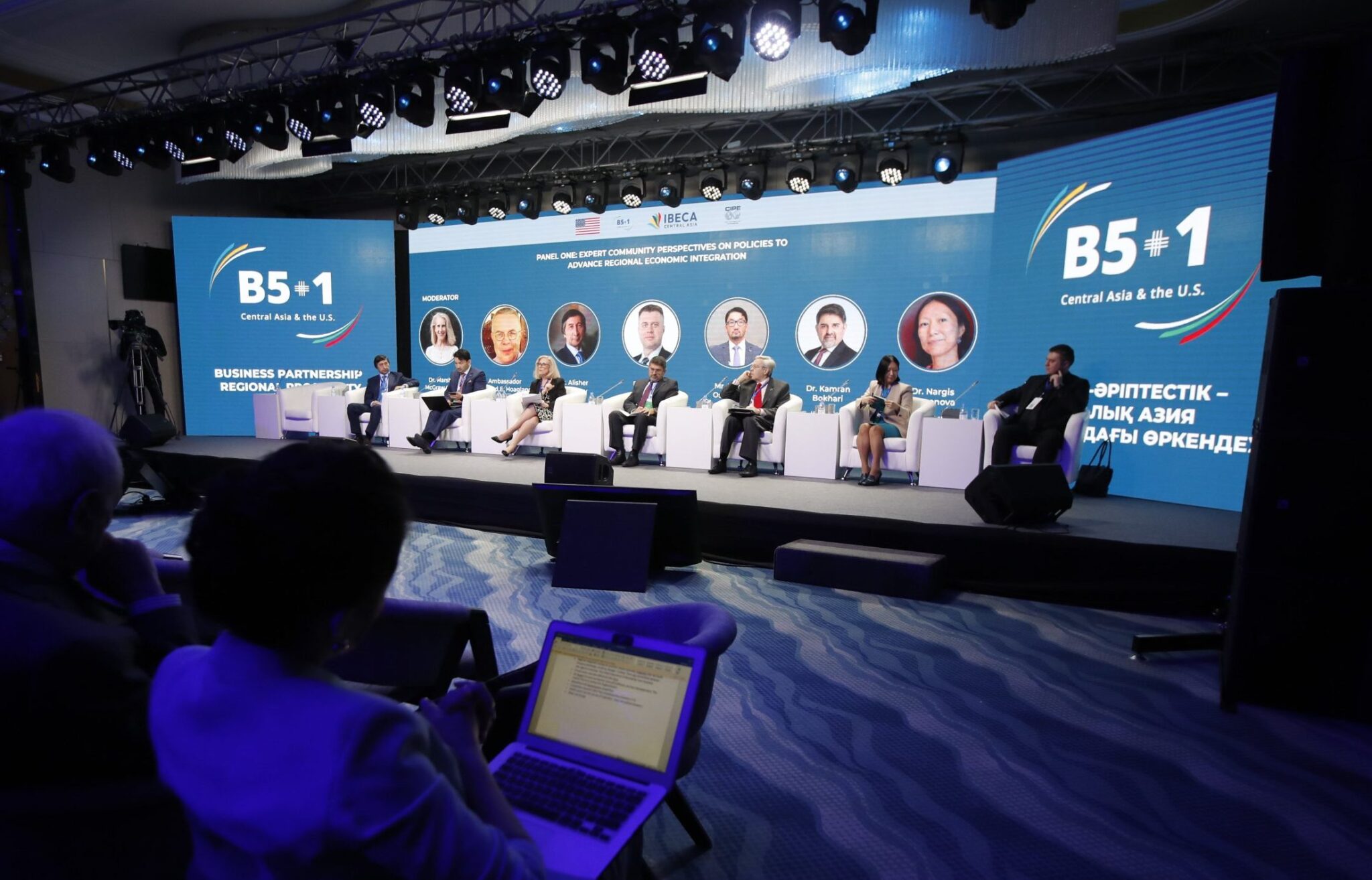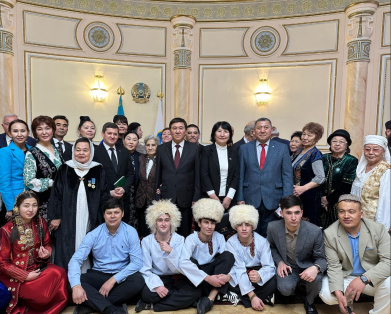The spirit of cooperation in Central Asia has never been greater - Dr. Frederick Starr
20.03.2024 | 02:11 |The spirit of cooperation in Central Asia is at an all-time high, prominent American scholar Dr. Frederick Starr said in an interview with the Astana Times.
The American expert on Russia and Eurasia, founder and chairman of the Central Asia and Caucasus Institute, Silk Road Research Program, shared his views on the dynamics of the region, the importance of cooperation and the future of Central Asia.
“The spirit of collaboration has never been greater. Each Central Asian country strives to build a structure of cooperation with its neighbors. They may not agree on some things. You know, like in a marriage, you don't have to agree on everything, but these are things you want to structure,” Starr said, who served as an adviser on Russia and Eurasia to three U.S. presidents. He was the chairman of a group created by the US government to study the Central Asian region.
Starr participated in the B5+1 Forum in Almaty on March 13-15, which brought together more than 250 business leaders, investors, policymakers and experts to discuss the challenges and opportunities of doing business in Central Asia.
The platform, which is an important outcome of the C5+1 presidential summit in September 2023 in New York, brought together five Central Asian countries - Kazakhstan, Kyrgyzstan, Tajikistan, Turkmenistan and Uzbekistan - with their US counterparts.

“One of the main topics at this conference was the need to remove barriers within Central Asia. There is no, for example, a business visa for the entire region,” Starr explained. In his opinion, Central Asia, acting as a collective market, could become a more attractive business environment for foreign investors. The current system, in which countries have separate legal, visa and tax frameworks, is holding back economic growth, the scientist says.
“The individual countries of Central Asia are small on a global scale. Therefore, they are less interesting to a foreign investor,” Starr said. He stressed the need for regional solutions to attract investment, such as simplifying the visa process for businessmen. “If Central Asian countries made it easier for foreign investors to work in more than one country, for example by having a business visa instead of five separate visas, it would have immediate and positive results,” he said.
According to Starr, despite all the progress toward regional solidarity, the current situation is cluttered with external alliances, overshadowing the lack of organizations focused on Central Asia.
“The only region of the world that does not have a strongly functioning regional institution is Central Asia. You are trying to develop an economy without any regional structures. It's like driving with the handbrake on. You can't do that. You have to have your own regional structures without outsiders,” Starr said.

“The successes of each Central Asian country allow us today to talk about regional institutions. (...) Wonderful things will happen with them, but without them - divide and conquer. So it's a choice. Only people from Central Asia can create Central Asian institutions,” he believes.
Among the practical steps Starr proposed was the creation of a Central Asian Chamber of Commerce to promote economic integration and cooperation.
Starr also suggests looking at Central Asia from a broader perspective, including Azerbaijan, a Turkic-speaking country on the western shore of the Caspian Sea, and Afghanistan.
“In the future, not this week, not this year, maybe not this decade, in the future, I am absolutely sure that both Azerbaijan and Afghanistan will completely become part of Central Asia. This will make this bloc very significant in economic, cultural, political and all other dimensions, and this will benefit every country in Central Asia,” he said.
Starr also spoke about the Trans-Caspian International Transport Route, known as the Middle Corridor, designed to more effectively connect Central Asia to global markets. While acknowledging that the corridor "has not yet become a reality," he emphasized its potential significance.

“Just building a route doesn’t mean winning; there is a three-dimensional task in which you have to take care of everything: from insurance to storage facilities. All this should be good. If they are there, this Middle Corridor will be good,” he said.
According to Starr, the narrative about Central Asia is shifting towards a more cooperative region. He called the C5+1 platform with the participation of Central Asian countries and the United States the most important event, and also mentioned many other “Central Asia Plus” formats with Japan, South Korea, China, India, Russia and the Arab states.
Starr views the United States' role as supportive, focused on promoting economic integration and understanding through initiatives such as the B5+1, with an emphasis on business and investment.
Looking to the future, Starr is optimistic about the potential for increased cooperation both within Central Asia and with neighboring regions. He envisions a future in which Central Asia can trade in many directions, enhancing its strategic importance and economic prosperity.
Starr is the author of the highly acclaimed book “Lost Enlightenment: The Golden Age of Central Asia from the Arab Conquest to Tamburlaine”, which explores the history of Central Asia between the 8th and 11th centuries. He argues that during this period Central Asia was at the forefront of world civilization. The book has been translated into 20 languages.
ORIENT news











